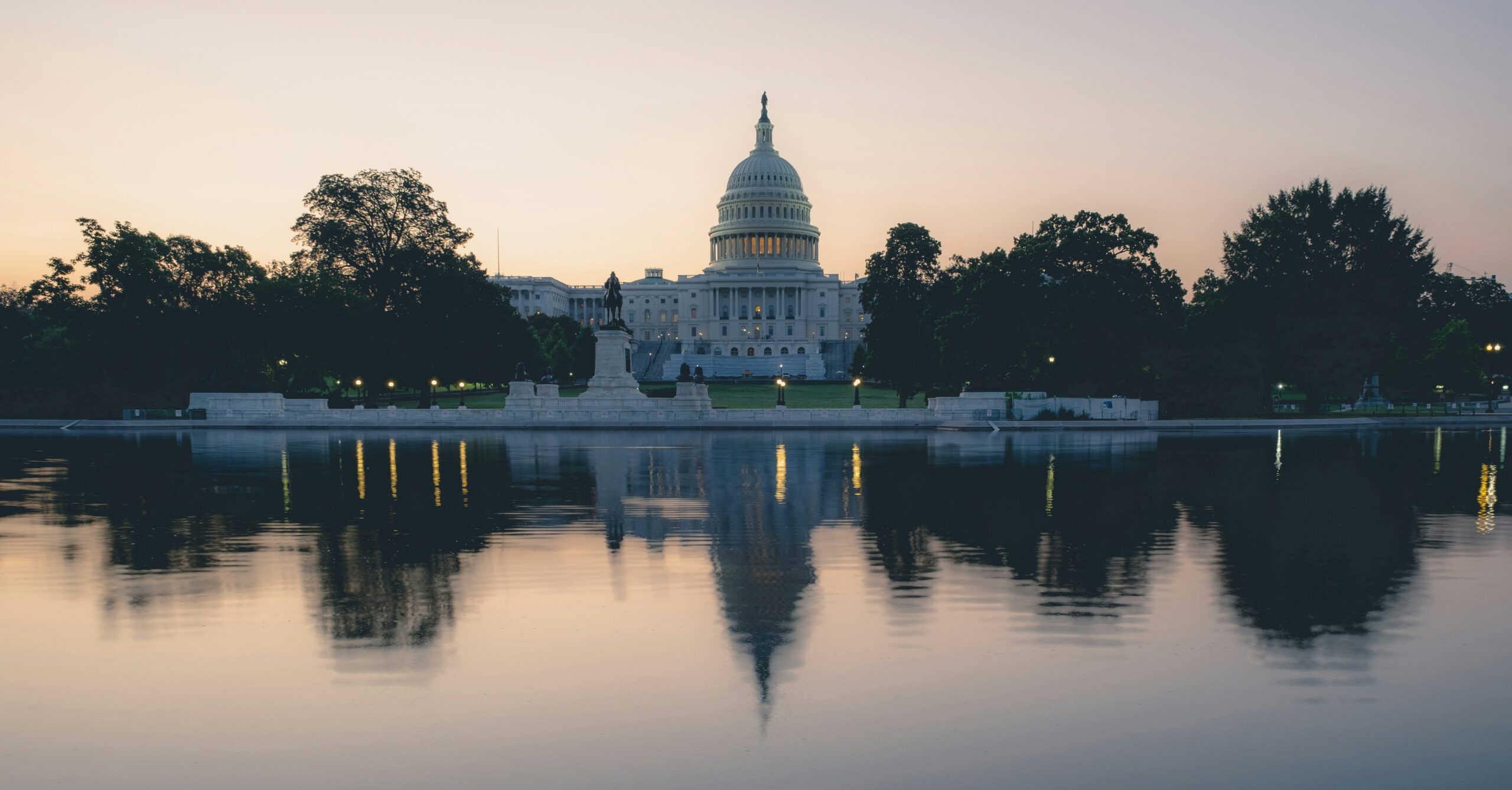
Chris Moyer
Founder & President
The Senate is Hours Away from Voting
By Chris Moyer
Things have gone from bad to worse overnight for the IRA’s clean energy provisions as the Senate prepares to vote as soon as Saturday afternoon.
President Trump reportedly pushed for harsher provisions that mirror the restrictive House bill, abandoning the slightly better Senate Finance Committee language released June 16. Specifically, the fight is over “placed in service” versus “start of construction”—three words that will make a world of difference for clean energy projects in the coming years.
Trump Focused on Details of Clean Energy
Trump, usually indifferent to legislative detail, has personally intervened, calling Senate Majority Leader John Thune to demand “placed in service” language. As Politico reports, this is a “stunning” and “extraordinary” intervention that puts enormous pressure on moderate Republicans.
Under the revised bill, projects must be “placed in service” by the end of 2027—a provision that would kill shovel-ready projects and destabilize future investments.
Republican leaders are still pushing to meet a July 4th deadline to get the bill to President Trump’s desk. Speaker Johnson warned his House colleagues not to go home for their planned recess quite yet, as they should be ready to vote on whatever the Senate passes. That remains a big question, though, and Majority Leader Thune is testing support with a vote on the motion to proceed as soon as this afternoon.
What Will 4 Key Senators Do?
This is the moment of truth for four senators who know better: John Curtis, Lisa Murkowski, Thom Tillis, and Susan Collins. These four alone are enough to sink the bill. They have the power to force changes to this latest version.
The politics could even work in their favor: Senator Collins is deeply unpopular in Maine as she faces re-election next year—a poll on Thursday showed her favorability rating at just 14%, with 57% of Mainers viewing her unfavorably. That same poll this week found that 58% of Mainers don’t want Congress to pass the “Big, Beautiful Bill,” and 60% disapprove of the job Trump is doing as president. Collins pushing back on Trump could boost her popularity.
Murkowski this week flirted with the idea of leaving the Republican Party and, as I’ve written before, can win re-election in 2028 even if she goes against Trump and the Party establishment—she’s done it before. She’s the most likely of this group to vote “no.”
Tillis will face a well-funded primary opponent, likely endorsed by Trump, if he votes against his top legislative priority. But if he can survive that, bucking Trump would help him in the general election in purple North Carolina. He’s been saying the right things, but his vote matters more.
Curtis should be relatively free from political pressure—he was just elected last year and won’t face voters again until 2030. And as we saw with Mitt Romney, Utah is different: Republicans there don’t demand the same loyalty to Trump that’s expected elsewhere.
That’s four senators with political incentives that align with what they know is the best policy for the country and their states. They are enough to stop the bill and force changes.
Nearly two dozen House Republicans who had leverage to push for better policy failed to use it. We will know very soon—perhaps within hours—if these four senators will cave to Trump or hold out for a better bill that doesn’t undermine massive investments or raise energy bills for their constituents.
Sign up for our newsletter
Receive updates on our work, industry news, and more.

